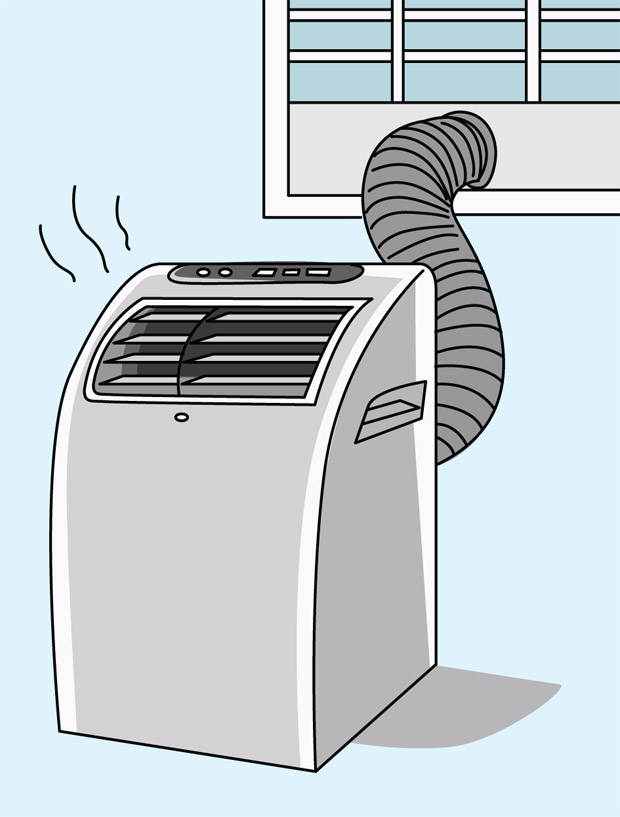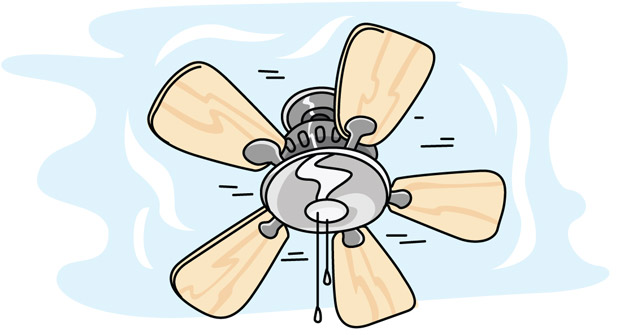The cold, windy and rainy weather we have been experiencing lately has been a welcome contrast to the uncomfortable heat we experienced for much of last year. Maybe it is because I am often cooped up indoors, either working or waiting on naptime, but the cooler weather has given me a reason to cuddle up on the couch with a blanket. It has also given our pocketbooks a nice break by allowing us to run fans at night instead of the air conditioning.
But contrary to popular belief, as we all know, there are times when the temperatures can border on being a little bit too cold — especially if you have infants or seniors living in your home. It was not until a recent conversation with my neighbor, Kevin, that I discovered that there are many people throughout the state who turn to dangerous practices to heat their homes. The good news is there are many safe, affordable ways to warm up. Just follow these dos and don’ts:
Do: Check your A/C units for a heat function. Most split units can be used as either a heating or a cooling system.
Portable A/C units also often come equipped with a heat pump. Check your owner’s manual to be sure.
Don’t: Use your oven. Yes, when you are cooking or baking, your oven and stove naturally warm your home by radiating heat. However, to use your oven for the sole purpose of heating is dangerous. Doing so runs the risk of carbon monoxide poisoning or fire.
Do: Switch the direction of your ceiling fans. Flip the switch so that the blades turn clockwise. This will bring cool air up and allow warm air to come down. Keep it at the lowest speed setting to avoid an unintentional cooling effect from the breeze.
Don’t: Use a space heater carelessly. If you decide to use a space heater, make sure you are able to monitor it. Never leave it on when you leave the house or fall asleep. Keep it away from flammable objects like bedding, carpet and rugs.
Do: Use textiles. Dress in layers and use extra blankets. Electric blankets also work well but use them with caution. Make sure to follow manufacturer instructions to avoid injury or fires.
Don’t: Forget about your humidifier. You don’t have to reserve your warming humidifier for times when someone is ill. Just as dehumidifying a room can make it feel cooler, adding moisture to a room can make it feel warmer. As a bonus, the humidity can help with dry skin and difficulty breathing.
Have a comment or question for Joanne? Email thefi xisinhawaii@gmail.com.

